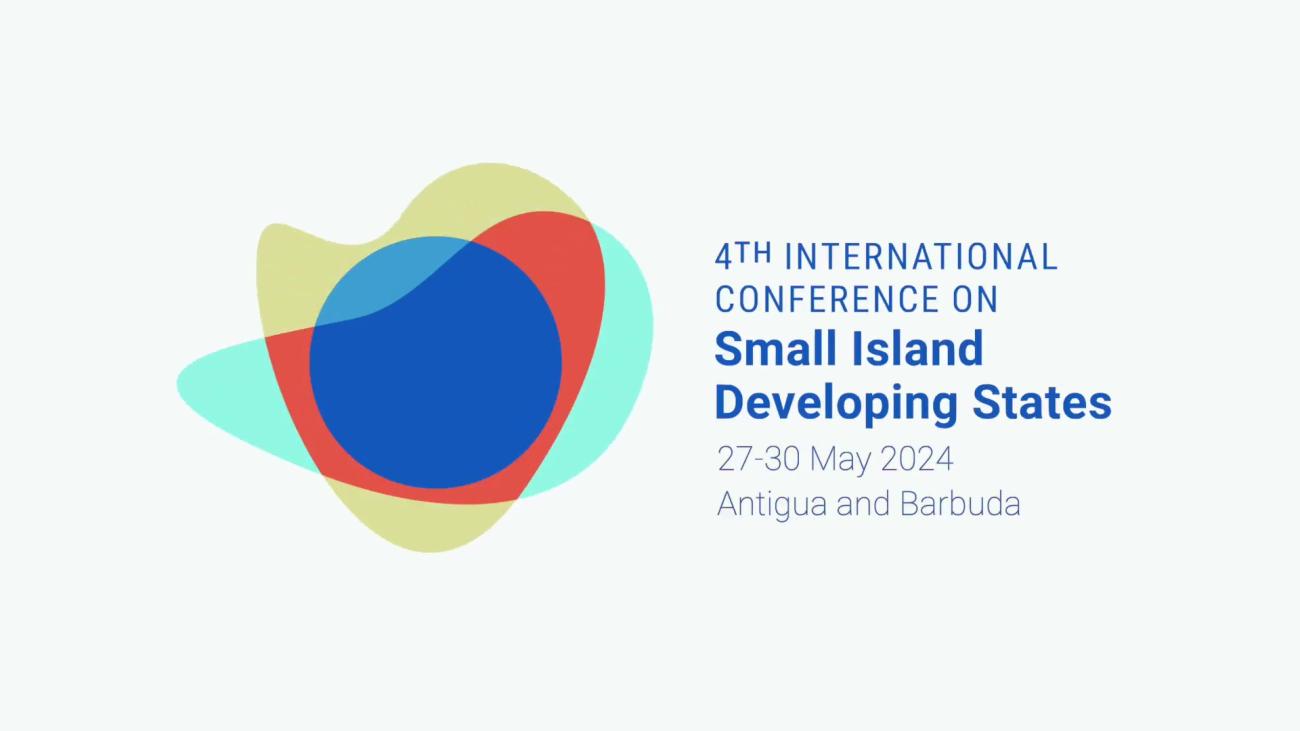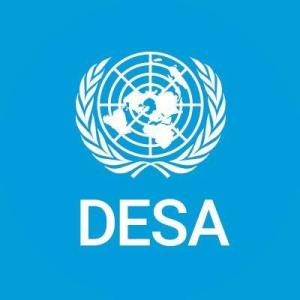When the last International Conference on Small Island Developing States was held in 2014, there was no COVID-19 pandemic and no global economic recession and much fewer geopolitical tensions. The climate emergency, while present, had not reached the heights it has today.
This year, as the world prepares to meet in Antigua and Barbuda in May for the fourth International Conference on Small Island Developing States (SIDS4), things are different. While SIDS have made some progress towards sustainable development, their small size, geographical remoteness and the limited scale of their economies have left them particularly vulnerable amid a raging storm of acute external shocks.
Even with the Sustainable Development Goals and the Paris Agreement on Climate Change now in place as clear target-driven global agreements to make the world better for everyone everywhere, SIDS are being left behind. The time for a new programme of action for SIDS is now.
“SIDS are the stewards of our ocean and bastions of environmental justice. Amid today’s turmoil, they are both facing the fire and fueling the change,” said United Nations Department of Economic and Social Affairs (UN DESA) Under-Secretary-General Li Junhua, also serving as Secretary-General of the SIDS4 Conference. “Building their resilience ensures a sustainable future for us all.”
He added: “We must craft an ambitious programme of action that is robust and achievable. Not a wish list, but an action list.”
Countries took a big step in developing that action list last month in New York during the first Preparatory Committee session for the Conference. Delegates met from 22 to 26 January for the first round of discussions about the zero draft outcome document. It outlines a development plan aimed at bolstering more resilient societies in SIDS including by improving their access to finance—including climate finance—strengthening data collection, accelerating innovation and digitalization, and enabling partnerships. Special attention has also been placed on improving education and employment opportunities for children and youth, and other vulnerable groups.
“As co-chairs, we are happy to note the strong showing we saw from member states and the UN system and civil society,” said H.E Dr. Ali Naseer Mohamed, Permanent Representative of Maldives to the UN and co-chair of the SIDS4 Preparatory Committee with New Zealand, at a news conference during the preparatory meetings. “We heard strong commitments for a more sharply focused and action-oriented programme of action.”
Ambassador Mohamed noted: “SIDS are not seeking charity. SIDS are looking for genuine partnerships.” The SIDS4 Conference comes at a critical time for small islands, which face rising sea levels and a rising debt burden.
“The cumulative effects of weather, climate and water-related hazards in SIDS, which caused a staggering US$153 billion dollars of losses in the last 50 years continue to pose existential threats to the 39 small island states,” said Rabab Fatima, UN High Representative for Least Developed Countries, Landlocked Developing Countries and Small Island Developing States, and Special Adviser for the SIDS4 Conference.
Good ideas for how to build resilience in SIDS are coming from the people living on small islands in addition to their development partners. The upcoming conference in Antigua and Barbuda will provide opportunities for all stakeholder groups to learn from each other and create new partnerships to benefit all. “We believe this Conference is going to put down a marker for transformation,” said H.E. Walton A. Webson, Permanent Representative of Antigua and Barbuda.
..................................................................
This story was published to the 14 February 2024 edition of the SIDS4 Newsletter which can be viewed here.



















